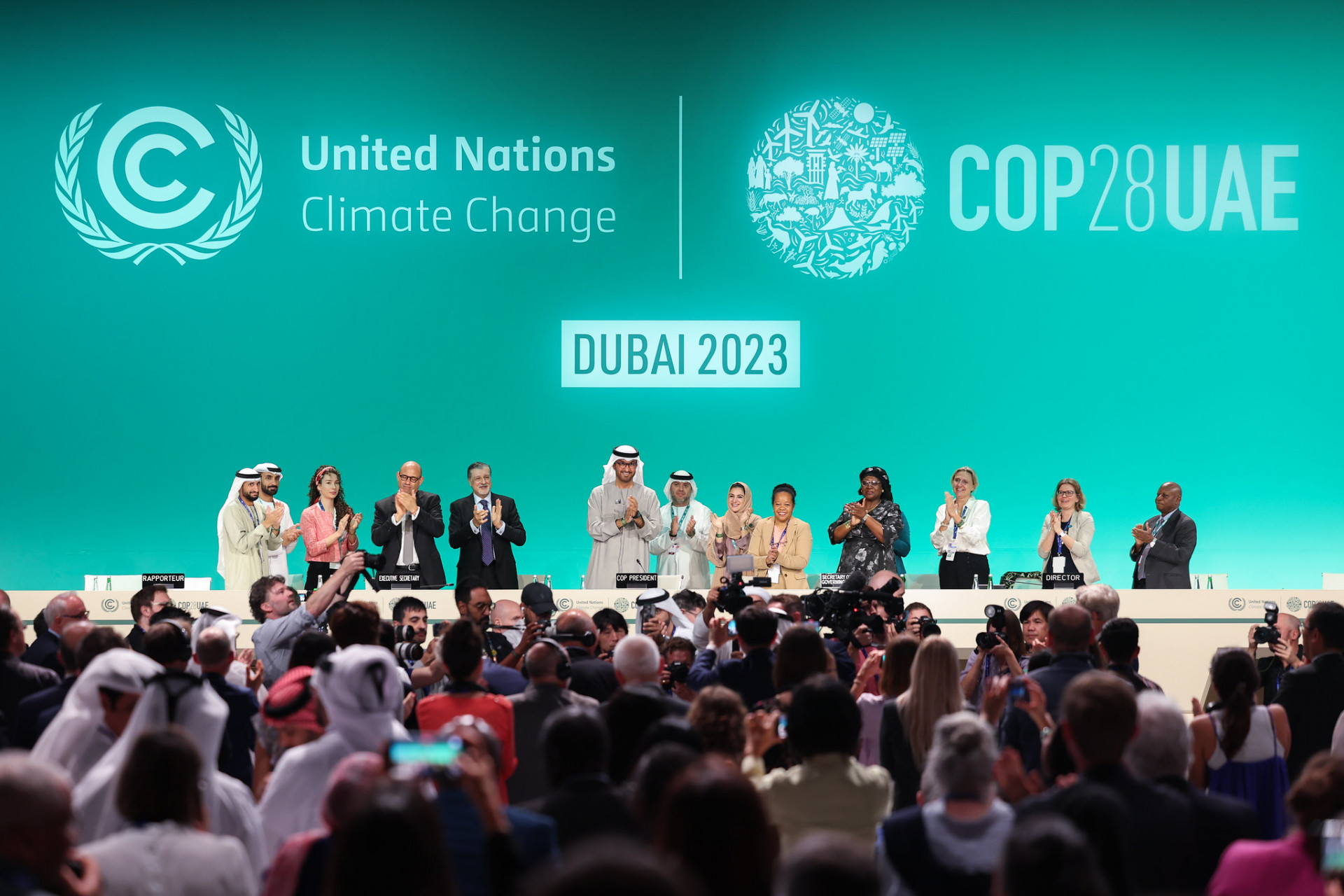Events and News
MOU between Zimmermann Thailand and Green Carbon Japan
 COP28 concluded in December 2023 with a series of significant agreements aimed at tackling climate change more effectively. Here are the key outcomes:
COP28 concluded in December 2023 with a series of significant agreements aimed at tackling climate change more effectively. Here are the key outcomes:
-
Global Stocktake: The first-ever Global Stocktake (GST) was completed, serving as a mid-term review of the progress towards the Paris Agreement goals. The GST highlighted the urgent need for deep, rapid, and sustained reductions in greenhouse gas emissions to limit global warming to 1.5°C. Countries are urged to strengthen their climate action plans by 2025, aiming for a 43% reduction in emissions by 2030 compared to 2019 levels (UNFCCC) (World Economic Forum).
-
Transition Away from Fossil Fuels: For the first time, COP28 included a formal agreement to transition away from fossil fuels. This includes phasing out unabated coal power and eliminating inefficient fossil fuel subsidies. The agreement underscores the need for a just, orderly, and equitable transition to renewable energy systems (World Meteorological Organization).
-
Tripling Renewable Energy: Nations committed to tripling global renewable energy capacity by 2030 and doubling the annual rate of energy efficiency improvements. This ambitious goal aims to reach over 11,000 GW of renewable power capacity by 2030, necessitating substantial investment and international cooperation (World Economic Forum) (IRENA).
-
Climate Finance: Climate finance was a major focus, with commitments to the Green Climate Fund (GCF) and the establishment of the loss and damage fund. The GCF saw pledges totaling a record USD 12.8 billion, and the loss and damage fund received an initial USD 700 million in commitments. However, the financial pledges are still far from the trillions needed to support developing countries in their climate efforts (UNFCCC) (World Economic Forum).
-
Adaptation and Resilience: COP28 saw agreements on targets for the Global Goal on Adaptation (GGA), focusing on resilience to climate impacts. The framework includes measures to address water scarcity, food security, and health services, aiming to protect vulnerable communities from climate-related hazards (World Meteorological Organization).
These outcomes highlight a renewed global commitment to climate action, emphasizing the need for immediate and sustained efforts to transition to renewable energy, enhance climate resilience, and secure adequate funding for these initiatives. The conference set the stage for accelerated climate action leading up to 2030 and beyond (World Economic Forum) (World Meteorological Organization).
Fish Aggregating Device Project to protect and restore coastline
PAO Satun, La-Ngu local fishery community, and Zimmermann
CALL FOR SEMINARS
IWA 21ST International conference on Diffuse pollution and Eutrophication Abstract Deadline 25 sept 2024











